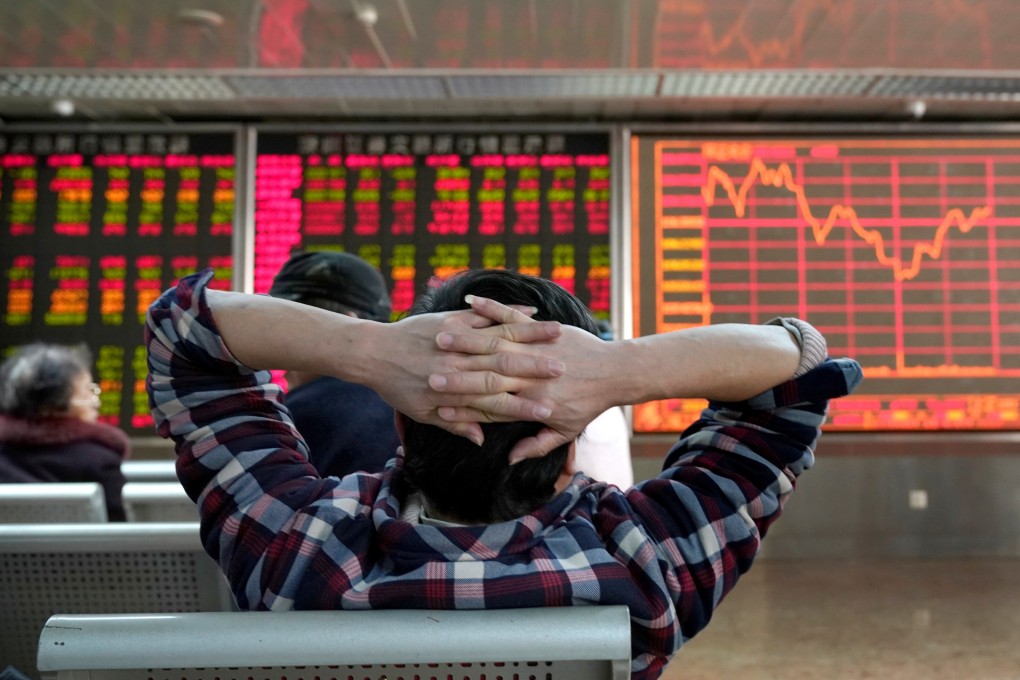Advancing utilities lift China’s benchmark indexes in light Christmas Day trading as traders shun banks, consumer stocks
- Christmas is not celebrated as a public holiday in China
- Eleven of the 19 stock exchanges in Asia including Hong Kong were shut for Christmas

The benchmark indexes of China’s Shanghai and Shenzhen stock exchanges rose in light trading on Christmas Day, while most global bourses halted transactions during the festive season.
The Shanghai Composite Index gained 1 per cent to close at 3,396.56, capping a weekly gain of 0.1 per cent. In southern China’s technology hub of Shenzhen, the benchmark Shenzhen Composite Index added 0.8 per cent to 2,273.99, reversing the loss seen earlier in the day. The volume of shares transacted on the Shenzhen bourse was almost 2 per cent below the 30-day average volume for this time of the day, according to Bloomberg data.
Christmas is not celebrated as a public holiday in China. Eleven of the 19 stock exchanges in Asia including Hong Kong were shut for the festive season. Stock indexes ticked higher in Japan and Taiwan, taking their cues from overnight gains in the US market.
Market sentiments were lifted by the strengthening pound after Britain’s successful conclusion of its talks to exit from the European Union, avoiding the threat of an acrimonious break-up and laying the foundations for a new relationship with the island nation’s biggest and nearest commercial partner.
“It’s highly [likely] that economic fundamentals will improve gradually and that will make improvements possible in corporate earnings,” said Yin Yue, an analyst at Yuekai Securities. “We are upbeat about the market’s outlook and stock gains could be driven by both earnings and valuation expansion.”
Utilities led gains on the broader stock market after official data showed that China’s power consumption grew by 9.4 per cent in November, the fastest pace in 30 months, adding to evidence that recovery in the world’s second-largest economy is gaining traction. Demand for electricity by industries grew by almost 10 per cent, proof that the strengthening Chinese economy is driving the spike in usage, Citic Securities said. November power output also grew with the onset of the northern hemisphere winter, unusually cold this year in China.